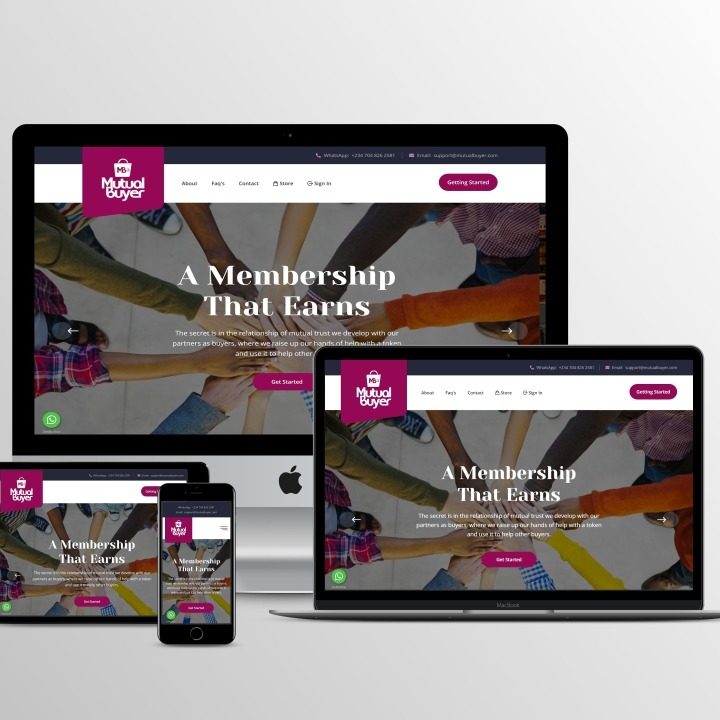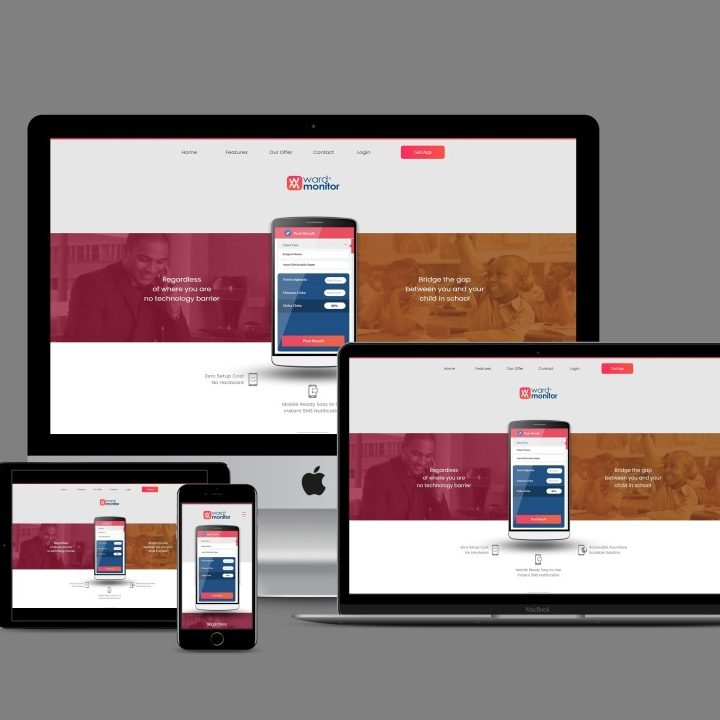Low-Code / No-Code Development & Citizen Developers
The world of software development has evolved beyond traditional coding. Today, Low-Code and No-Code (LCNC) platforms are empowering individuals—regardless of their technical background—to build apps, automate workflows, and launch digital solutions faster than ever.
From startups in Silicon Valley to SMEs in Lagos, Accra, Nairobi, and Johannesburg, citizen developers are emerging as key players in digital transformation.
This article explores the rise of LCNC tools, their benefits, real-world applications, and why they matter to businesses and governments worldwide—especially in growing digital economies like Nigeria and Africa.
What Is Low-Code & No-Code Development?
Low-Code development uses visual interfaces, drag-and-drop tools, and minimal coding to build applications.
No-Code development requires zero programming knowledge, allowing anyone to create digital solutions.
Examples of LCNC Platforms
-
No-Code Platforms: Wix, Webflow, Airtable, Notion, Bubble, Glide
-
Low-Code Platforms: Microsoft Power Apps, OutSystems, Zoho Creator, Mendix
-
Automation Tools: Zapier, Make (Integromat), Power Automate
These platforms make it possible to build apps in days—not months.
Who Are Citizen Developers?
Citizen developers are non-technical professionals who build apps or automate processes using LCNC platforms.
They can be:
-
HR officers
-
Marketing teams
-
Operations staff
-
Business analysts
-
Entrepreneurs & small business owners
-
Students & self-taught innovators
With LCNC tools, they solve problems without relying on full-time developers.
Why Low-Code/No-Code Is Transforming the Digital Landscape
1. Rapid Digital Transformation
Organizations can build:
-
Internal apps
-
Dashboards
-
Workflow automation
-
Business process management systems
…all without heavy engineering teams.
2. Reduced Costs
Companies save:
-
Developer hiring costs
-
Long project timelines
-
Expensive IT infrastructure
LCNC platforms democratize innovation.
3. Empowered Workforce
Citizen developers speed up decision-making and eliminate bottlenecks.
4. Faster Innovation Cycles
Businesses can test, deploy, and iterate digital solutions quickly—crucial for staying competitive.
5. Perfect for Startups & SMEs
Small businesses in Nigeria and emerging markets benefit from:
-
Lower entry barriers
-
Affordable tools
-
Faster time to market
Real-World Use Cases (Global + Nigeria/Future Africa Focus)
1. Financial Services / FinTech
-
Customer onboarding apps
-
Loan approval automation
-
Digital complaint management
-
Internal workflow automation
Fintech leaders like Flutterwave, Paystack, and Moniepoint already leverage LCNC principles for rapid deployment.
2. Government & Public Sector
-
Digital ID systems
-
Citizen complaint portals
-
Automated tax services
-
Smart city dashboards
Low-code tools help governments deploy digital services faster at lower cost.
3. Healthcare
-
Patient intake apps
-
Appointment systems
-
Telehealth portals
-
Medical record automation
Hospitals benefit from faster, more efficient processes.
4. E-Commerce & Logistics
-
Inventory management
-
Delivery tracking
-
Customer feedback automation
-
Vendor management portals
Perfect for Nigeria’s booming online retail and logistics space.
5. Education & EdTech
-
Student portals
-
Assignment workflows
-
Online learning dashboards
-
Certification automation
Schools and training companies adopt LCNC to scale operations.
Benefits for Africa & Emerging Markets
LCNC development is especially powerful in regions where:
-
Developer talent is scarce
-
Costs must remain low
-
Infrastructure is still evolving
-
Innovation must move fast
Nigeria, with its large youth population and growing tech ecosystem, is uniquely positioned to lead Africa in LCNC adoption.
Challenges to Consider
Despite the advantages, organizations should be aware of:
-
Scaling limitations
-
Security concerns
-
Vendor lock-ins
-
Need for governance policies
A well-planned LCNC strategy ensures successful long-term adoption.
The Future of LCNC & Citizen Development
Over the next decade, LCNC platforms will get:
-
More AI-powered
-
More secure
-
More scalable
-
More integrated with enterprise systems
Generative AI will let users build software simply by describing what they want.
Africa’s next billion-dollar startups may be powered by LCNC platforms, not traditional coding.
Conclusion
Low-Code and No-Code development are revolutionizing how businesses innovate. Whether you’re an entrepreneur, an enterprise leader, a government agency, or a student, LCNC platforms unlock the power to build, automate, and transform without technical barriers.
In Nigeria and across Africa, LCNC tools are not just a trend—they are the foundation of the continent’s next wave of digital disruption.
The future belongs to those who create, not just those who code.
You may be interested in: Generative AI & Hyper-Intelligent Automation







